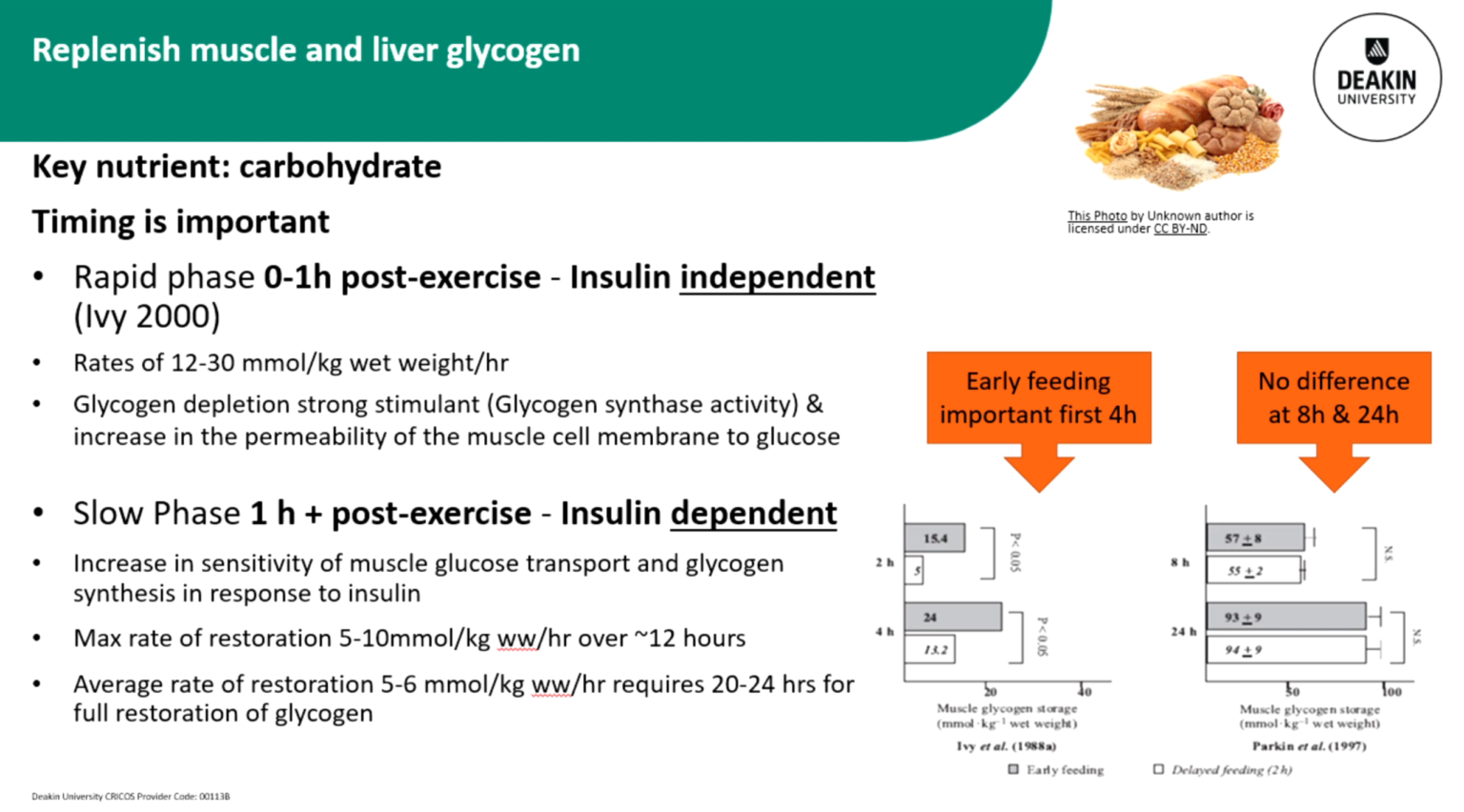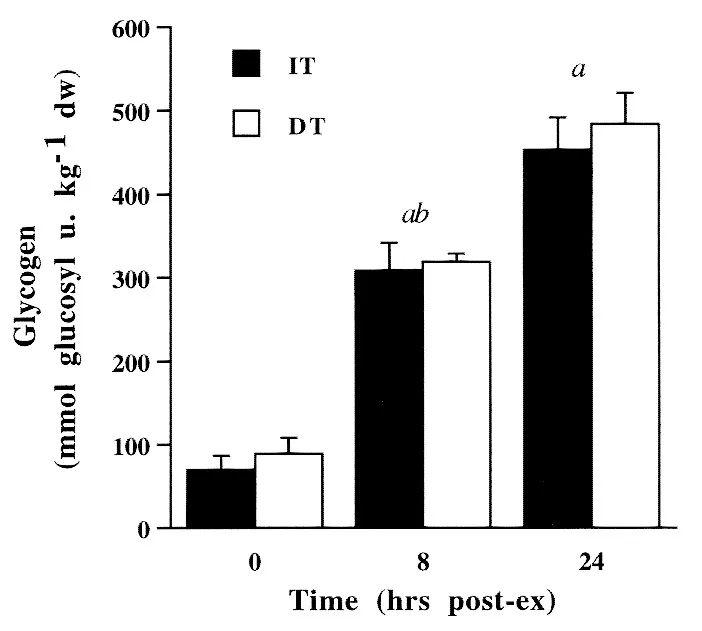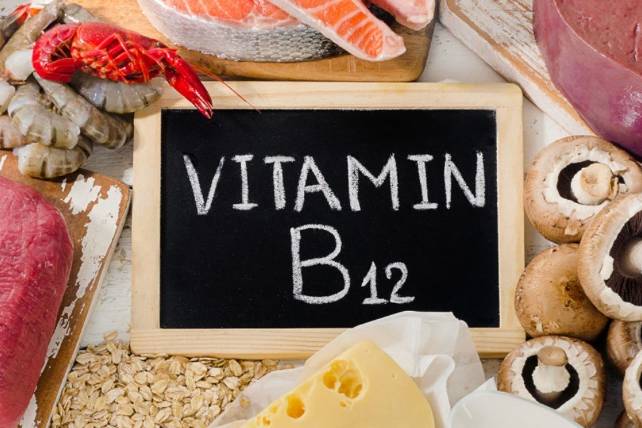Yes, it does. But like most things there’s nuance. It depends. If you’re asking, ‘when should I take my carbohydrates after exercising?’ this article will aim to answer that question.
Here are two interesting studies from the 1990s.

12-30mmol/kg wet weight/hr of glycogen storage within 1h post-exercise.
Key Points To Post-Exercise Carbohydrate Timing:
Exercise provides a strong stimulant for carbohydrate absorption. Glycogen synthase activity is increased post-exercise which increases the permeability of the muscle cell membrane to glucose facilitating a more efficient faster absorption of glycogen within the first 1h post-exercise. Interestingly this process is insulin-independent, meaning we actually don’t require insulin to help us get the glucose into the muscle.
It seems like glycogen synthase enzyme does most of the work here in that short period post-exercise. Whereas the longer we go post-exercise before refeeding (particularly after ~1h) the more insulin-dependent we become to help shuttle glucose to muscle/live stores. 1h+ post-exercise re-feeding sees a much slower rate of glycogen restoration at 5-10mmol/kg /hr compared to 12-30 within an hour.
“This slower rate of glycogen storage occurred despite significantly elevated plasma glucose and insulin levels. The results suggest that delaying the ingestion of a carbohydrate supplement post-exercise will result in a reduced rate of muscle glycogen storage.”
This gives some justification for the importance of meal timing post-exercise if you want to prioritise refilling glycogen as quickly as possible.
But in another study, we noticed that carbohydrate timing had no significant difference to muscle glycogen storage at the 8 and 24h mark. “Following exercise, subjects were fed five high glycemic index (HGI) meals over a 24-h period, with the first three being fed either at 0-4 h (IT) or 2-6 h (DT) at 2-h intervals. Muscle biopsies were taken immediately after exercise and at 8 and 24 h post-exercise and analyzed for glycogen and glucose-6-phosphate.”

Practical Implications: Exercising ≥ 2 Times Per Day
If you’re an individual/athlete who performs multiple bouts of exercise in one day then carbohydrate timing post-exercise appears to be practically important to support rapid glycogen restoration for forthcoming bouts of activity.
This particularly appears to apply for exercise bouts that are within 4~ hours of each other (i.e. run at 9 AM and weight train at 1 PM).
If you only train once per day the differences in carbohydrate timing post-exercise for glycogen storage appear to make no difference over a 8-24h period, meaning carbohydrate timing post-exercise probably doesn’t matter much.
There are certainly other perspectives to consider, such as carbohydrates providing an anabolic stimulus for growth and the simple time efficiency to fit in a certain amount of calories in a day.
But from a rate of glycogen synthesis perspective if you are exercising more than once a day then it seems practically relevant, but if you are only exercising once a day it doesn’t seem so based on this research.



